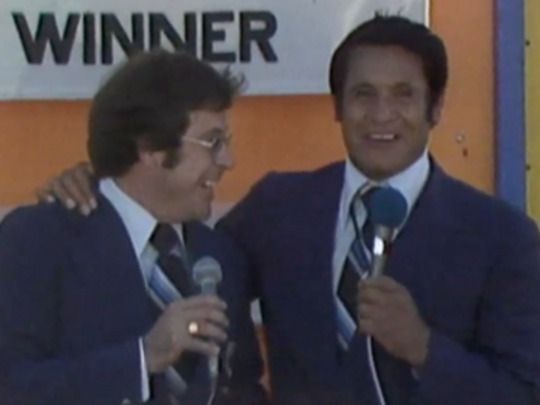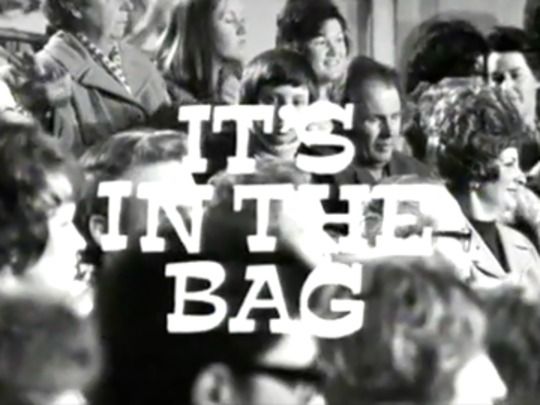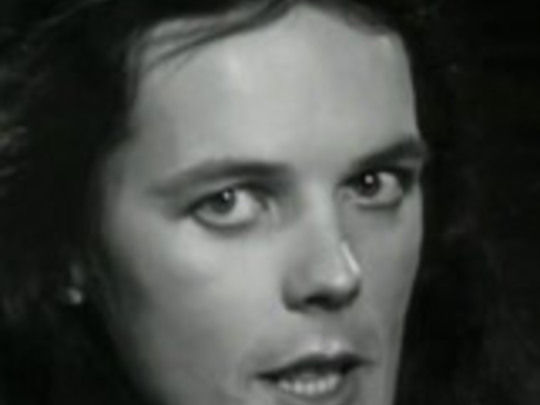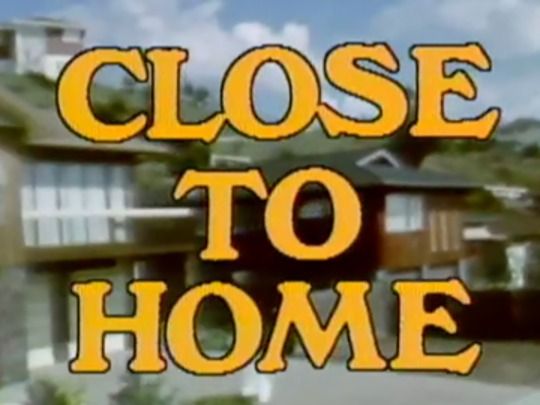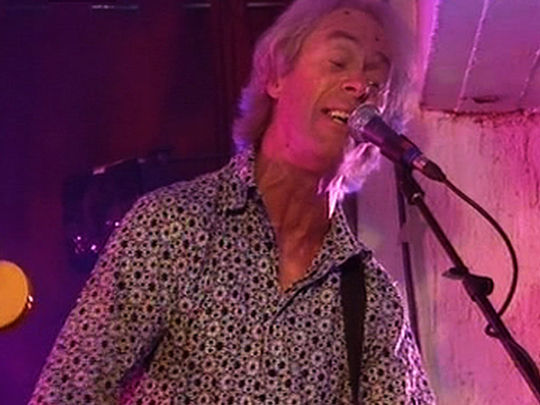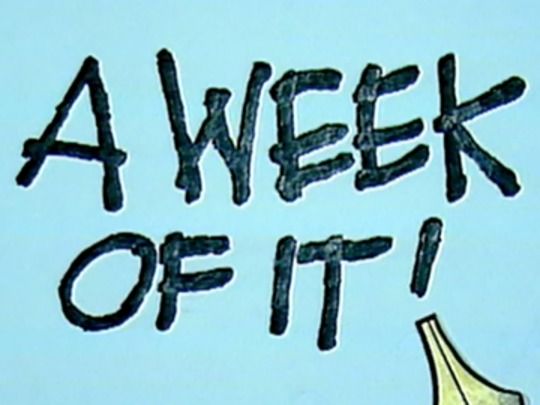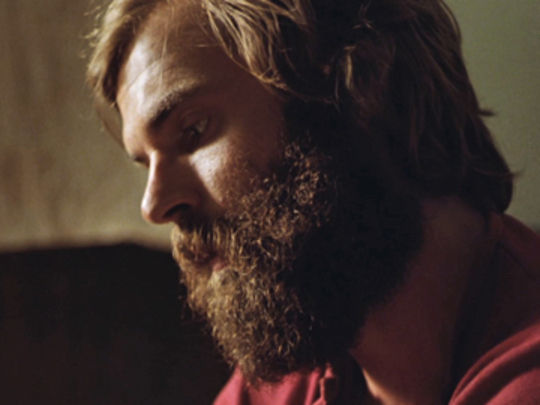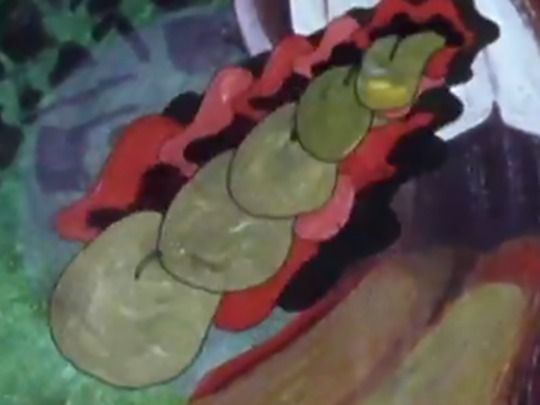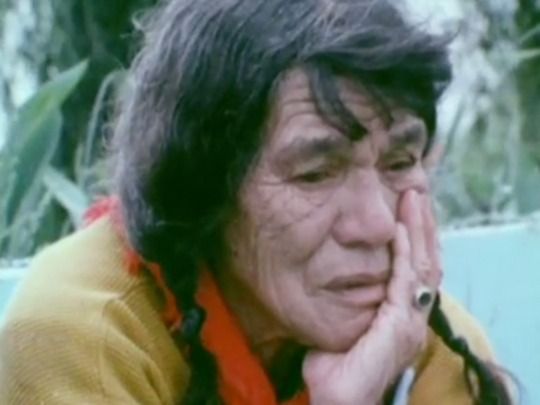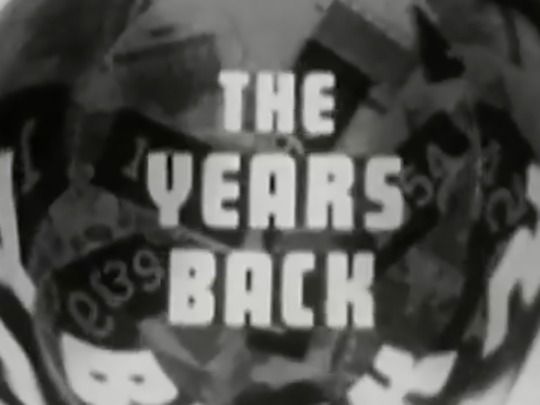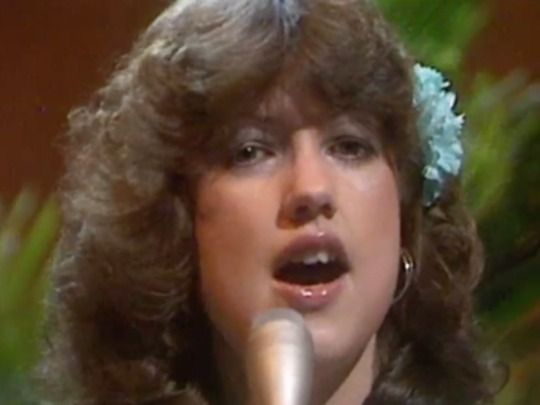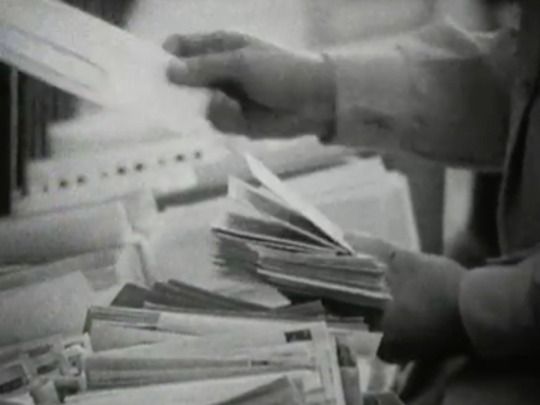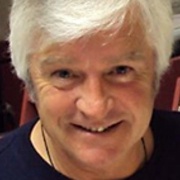Best of the 70s
The 70s On-Screen
So Judy Callingham can remember the 60s eh? Well there goes another urban myth — :if you can remember them, you weren’t there", because that girl definitely was there. Such a fox. Now let's bring us kicking and screaming into the 70s. Ahhh, now there was a decade — I know, I was there and to my pleasant surprise I can remember quite a lot of it all.
The thing was: could this new decade ever live up to the astonishing social changes that had transformed us in the 60s? Musically we struggled for some years, but on telly we took off in bold new directions. The decade started in sensational style and actually wrecked current affairs for the next 30 years — Brian Edwards on Gallery settling the 'Post Office Go Slow' dispute live on air. Subsequently every other show busted their butts trying to replicate that ‘Great Mediator’ role, and could never get close to that perfect storm moment again.
I grew up as a TV junkie…I watched it all, loved it all from whenever it came on (maybe midday) and sat there until the closedown. Later in the decade I would BE the Closedown — "on behalf of all of us at TV One…goodnight now."
Television in New Zealand was incredibly lucky to have Barrie Parkin and Des Monaghan, who travelled the world buying the best of the offerings at places like Cannes and London, New York or Los Angeles. They filtered out all the crap — of which there was an ocean — and brought back to us the cream. When people refer to 'Quality' programmes, invariably they are referring to this era of NZBC / TV One / TV2 up until 1980. We were spoiled rotten with superb selections. British television had been our staple diet, but now we were opening up to programming out of Hollywood. Wow: this was a whole new world.
We watched Bonanza, Hawaii Five-0, Ironside and Marcus Welby, M.D. and The Mary Tyler Moore Show.
Back home a man whose incredible intuition and feel for the New Zealand psyche crossed over from radio to television, brought with him It’s In The Bag. Selwyn Toogood understood a fundamental entertainment truth: take the show to the people (not the other way round) and you will find the real 'us'. So began a travelling roadshow that roamed the nation for many years to come. Riding that same taking television-to-the-audience philosophy was Top Town, where small towns competed on the greasy pole for civic bragging rights.
A huge sea change swept through broadcasting in the mid-70s and we split off into separate corporations: Radio NZ, TV One and subsequently TV2.
We were empowered by new Controllers like Bill Munroe and Allan Martin to make new and divergent genre shows and the game (battle) was on. Suddenly we were making our own nightly soap: pioneering series Close to Home. And Judy Callingham was sharpening her pencil to become a scriptwriter.
At the same time there was an emerging Māori pride breaking across all of our lives in the 70s — it was not always readily accepted, but an irresistible force was gaining traction. Michael King and Barry Barclay's groundbreaking documentary series Tangata Whenua put Māori perspectives on the box. And an emphasis on historical accuracy in controversial series The Governor was at the forefront of this push.
That is, until 'politics' got in the way. Prime Minister Rob Muldoon found the wedge he had been looking for (avenging years of being irked by pesky journalists), and gave television a torrid time as he attacked the enormous expense of The Governor. Nowithstanding a superb attempt to re-present our defining moments as a nation, a lot of very talented people got badly burned in this nasty political embroglio.
I have said it before, and it bears repeating: the tussle between broadcasting bosses and Muldoon resulted in 'the retreat to Auckland' as the heat in the Wellington kitchen was too intense. God it was ugly.
Meantime overseas offerings like All in the Family and Maude were starting down the social commentary path, and our values were going to be pushed to the limits at times. We’d temper that with The Wonderful World of Disney (bless you Walt) and escape into the delightful silliness of Sonny and Cher, M*A*S*H, or look out … it’s The Six Million Dollar Man. Working at Avalon and hearing the receptionist paging "Mr Steve Austin, please report to maintenance" was just too silly for words. No, maybe that was Charlie’s Angels? "Hi Charlie."
Music television was on the upswing thanks to producers like Kevan Moore, Chris Bourn and a growing number of talent shows. Oh kids, you thought Simon Cowell invented all these shows? No way, they've been around for decades with names like Studio One. Out of that particular crucible came New Zealand’s first smash hit attempt at glam rock — this was the extraordinary Space Waltz, with 'Out On the Street'.
Next came the era of both the Grunt Machine (late night metal presented by a hyperactive garden gnome named Paul Holmes) and Ready To Roll (pure pop presented by a winking, blinking yours truly). We churned out covers of overseas hits by the dozen until the arrival of: the music video. I got to introduce Queen’s 'Bohemian Rhapsody' one evening ... and the world changed forever.
I have to say it all started to become quite surreal beyond the middle of the decade, once the Fonz took over in the ground-shifting Happy Days. Madness became a theme via Mork and Mindy, Taxi and Three’s Company.
Local comedy was getting some legs too. We’d suffered a pretty bad cultural cringe — stiff upper lip and all that, plus laughing out loud was actually uncouth and belonged in Lake Alice. Dagg and Country Calendar spoofs led the way in breeding our own brand of on-screen trouser pulling. And coming out of Christchurch was A Week of It, who would brilliantly take the piss out of … anyone. I know, as I was rolled on several occasions, and loved it!
Dallas sent us into a spin as the decade came to an end, but then it had all been a dream anyway. Funny how dreams wind up on the cover of Time magazine, eh?
Look out here comes the next decade: more big hair and shoulder pads all round ... and that was the guys!
- Roger Gascoigne got his start in the 1970s on Wellington's Radio Windy. On television he became a fan favourite hosting music show Ready To Roll, many Telethon events, and magazine show Today Tonight. Later he reinvented himself as a tour guide for national museum Te Papa.
